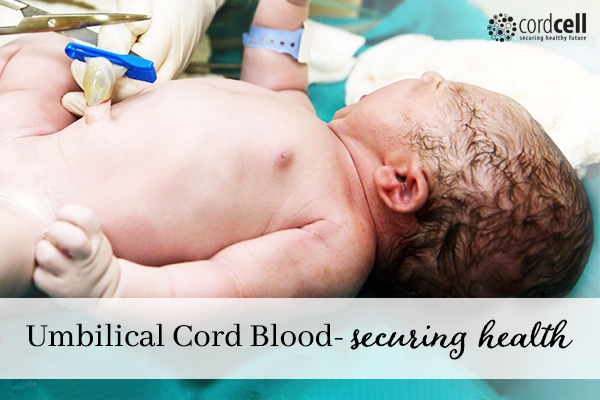In these modern days of medicine, we have seen some advancements in the treatments of various diseases. Some of these treatments as well as the technologies are controversial that involves in treating the stem cells. Despite these barriers stem cell therapy are now-a-days used for the treatment of various life-threatening diseases.
So, now the matter is what is cord blood banking? As the name suggests that cord blood banking is a process of storing cord blood collected from the umbilical cord of a new born baby. The umbilical cord is having a rich supply of stem cells that can be transformed into any kind of cells of the human body. The stem cells have the unique capability to take the structure and function of any kind of cell in the body. The stem cells have proved effective in reversing the damaged tissues of the body.
In fact, the cord blood banking process requires some stem cells to help combat a life-threatening disease, and it is very important to note that they can also be used by a sibling as they may be closely matched. But there are the 1:4 chances that the cord blood banking will prove beneficial to the other child. Relatives or other close friends who have not been through cord blood banking can also benefit from stem cells that can be derived from cord blood banking if and only if they pose a close match with the stem cells of the cord blood banking donor.
Cord blood banking means the stem cells are saved or stored. Your doctor will take blood from the umbilical cord at the time of your baby’s birth to get these stem cells. This blood is then sent to the company that you want to use for its services. Here the stem cells are removed from the blood and stored especially for your family’s later use.
Umbilical cord blood banking is another option for expectant parents to take before their child’s birth. It’s a vital decision that needs to be carefully considered. The final decision whether to save cord stem cells or not is a personal one, but you have to educate yourself about what the procedure involves as well as the advantages and disadvantages.
The cord blood banking collection process will take place immediately after the delivery of the baby where the cord has already been separated from the newborn baby. This is not going to interfere with the baby’s birth. The attending physician or nurse or even midwife will collect the cord blood for cord blood banking by using it in a sterile kit that the Cord Partners Blood Center will provide. The cord blood collected will then be sealed in a specially designed cord blood banking package and then delivered for testing and processing to the cord blood banking laboratory. Finally, the cord blood is stored cryogenically until the owner of the sample needed it.

